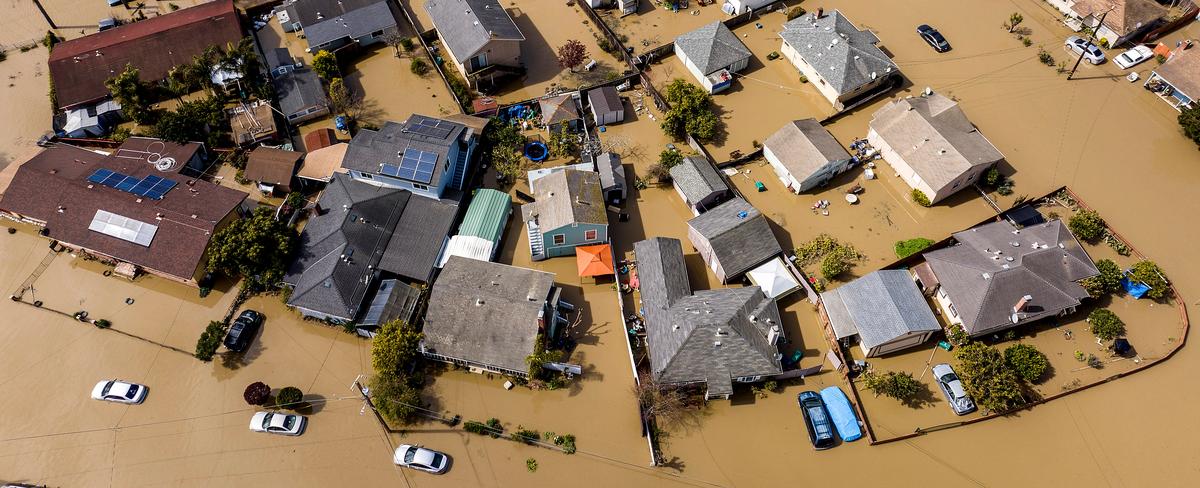U.S. is a hot spot for extreme weather

Extreme weather events have become more frequent and severe in recent years, and the United States is one of the countries most affected by this trend. In fact, a recent report published by the National Oceanic and Atmospheric Administration (NOAA) highlights the U.S. as one of the global hotspots for extreme weather.
What caught our attention is the fact that this report is based on data from the past decade, which means that we are not talking about some theoretical or distant possibility, but a real and ongoing phenomenon. According to the NOAA, the U.S. has experienced 285 climate and weather disasters between 2010 and 2020, which resulted in $1.875 trillion in economic losses and 4,600 deaths.
The report identifies five categories of extreme weather events that have become more frequent and severe: hurricanes and tropical storms, floods, droughts, wildfire, and severe winter weather. Each of these categories has its own set of challenges and impacts, and each requires different strategies and resources for mitigation and adaptation. For example, hurricanes and floods can cause widespread and sudden destruction, while droughts and wildfire can have long-term and cumulative effects on ecosystems and economies.
It is worth noting that extreme weather events not only affect the physical infrastructure and natural resources but also have a significant impact on human health, social systems, and cultural practices. For instance, heatwaves can exacerbate existing health conditions and lead to new ones, especially among vulnerable populations such as the elderly, the poor, and those with limited access to healthcare.
In conclusion, extreme weather events are not a distant threat or a hypothetical scenario, but a real and urgent challenge that requires attention and action. As individuals, communities, and governments, we need to recognize the seriousness of this issue and take steps to reduce our carbon footprint, improve our infrastructure, and enhance our resilience and preparedness. By doing so, we can create a safer, more sustainable, and more equitable future for ourselves and future generations.
Quick Links

